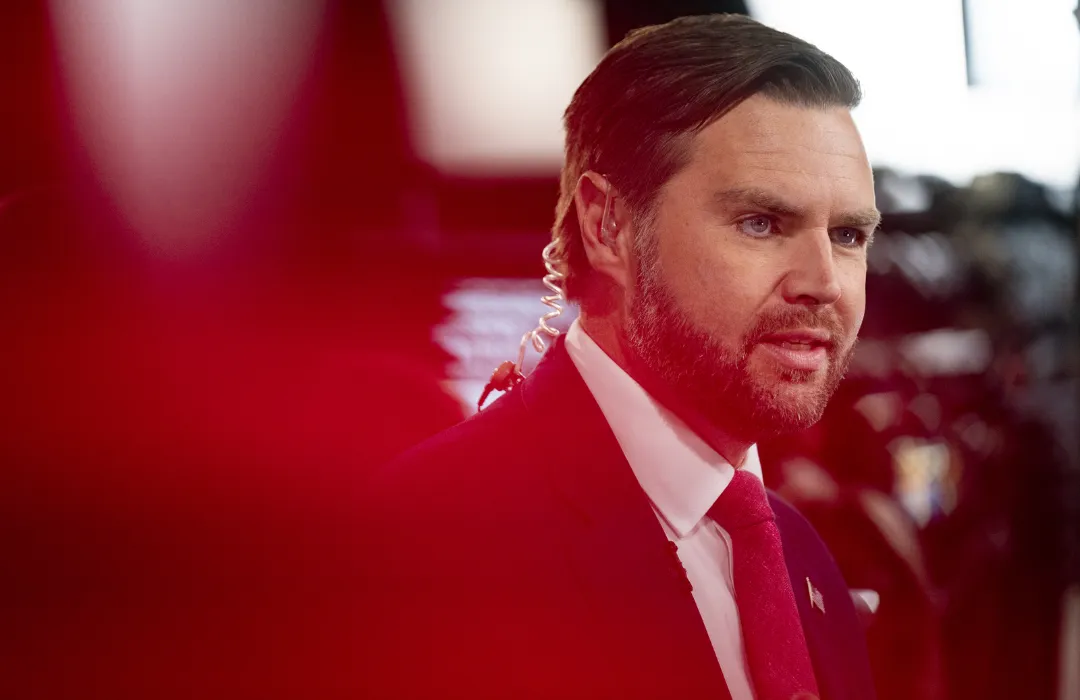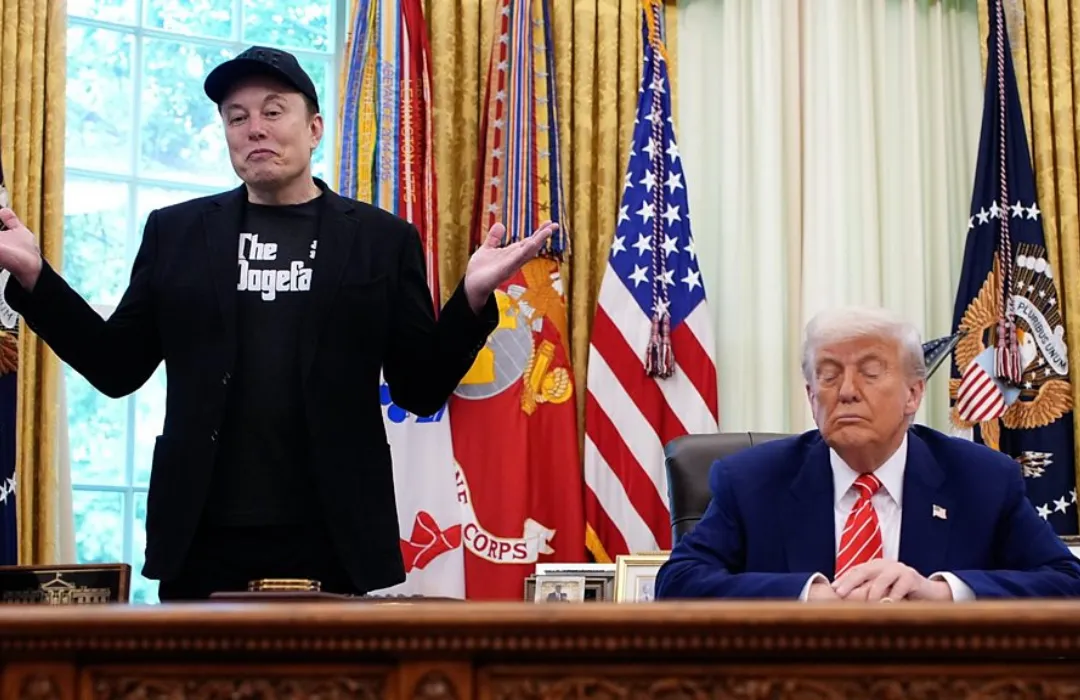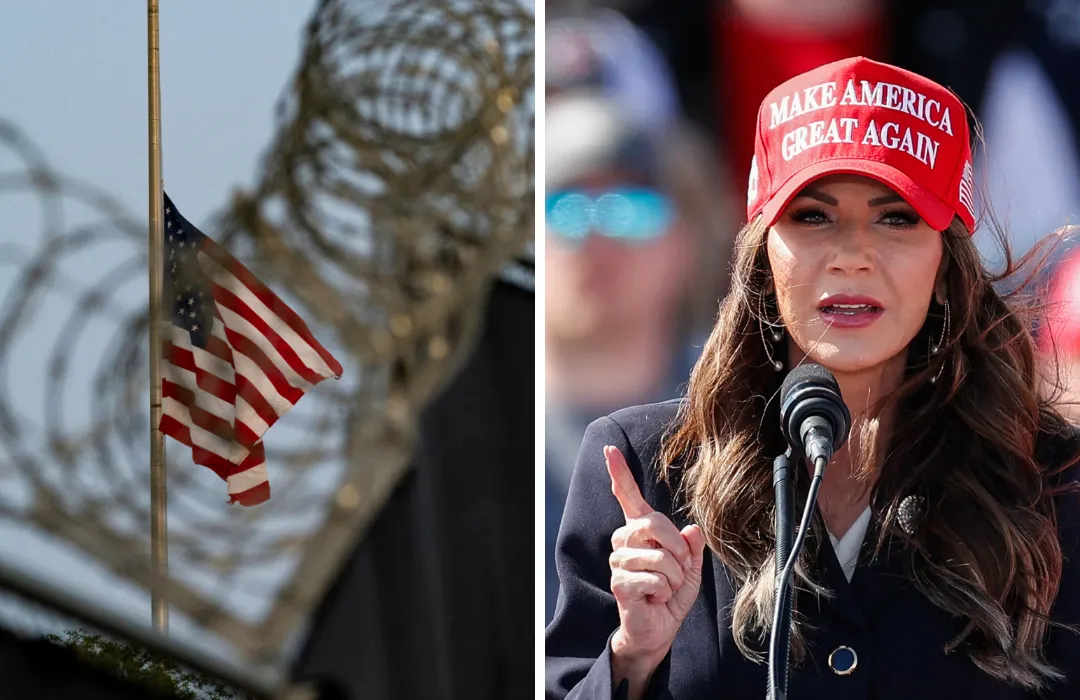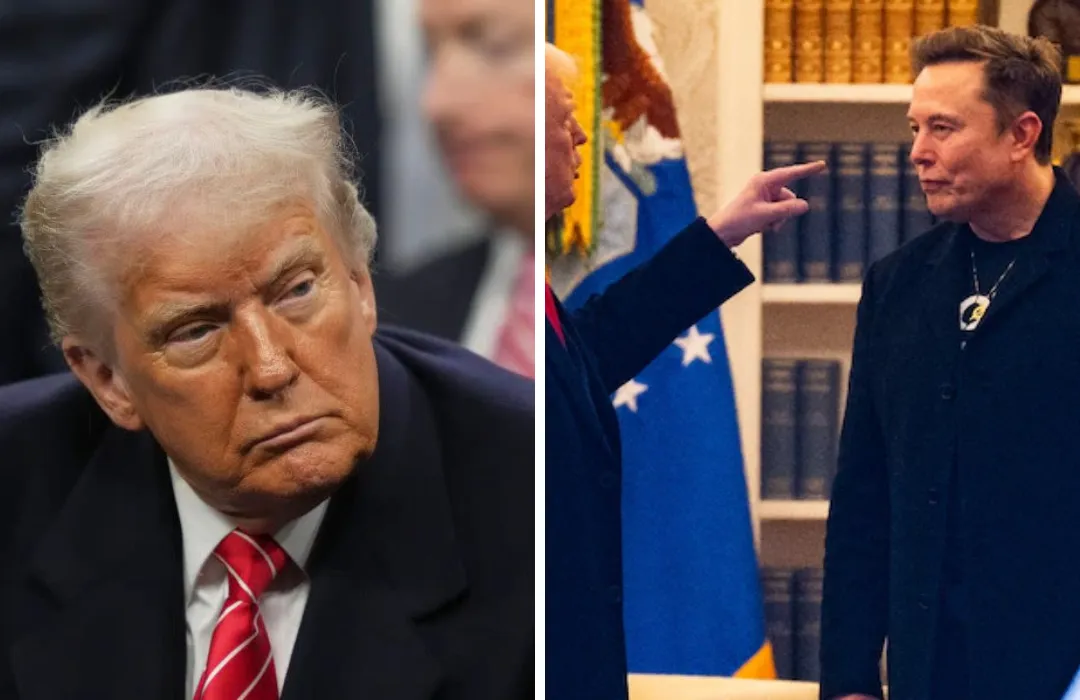
British Ambassador to the United States Peter Mandelson recently expressed strong support for President Donald Trump’s characterization of Russian President Vladimir Putin as having gone “absolutely crazy.”
Speaking on Tuesday during the 2025 Christopher J. Makins Lecture at the Atlantic Council in Washington D.C., Mandelson affirmed that Trump “got it right” in his blunt assessment of Putin’s recent behavior and motives amid the ongoing conflict in Ukraine.
Mandelson praised Trump for boldly calling out Putin’s erratic actions, highlighting that Trump’s critique was not just politically charged rhetoric, but an accurate depiction of the Russian leader’s dangerous disregard for international opinion and devastating impact on the region.
“I mean crazy in his indifference to international opinion, crazy in his disrespect to the President of the United States and what he’s trying to do bring peace but notably gone crazy in the continuing death and destruction that he is visiting upon Ukraine and his people,” Mandelson remarked.
He pointed out that the weekend saw the largest single bombing raid against Ukraine since the conflict began, causing tragic loss of civilian lives as Ukrainians slept in their beds.
“Is this a man who’s looking for peace? Doesn’t look like it to me,” the ambassador added, echoing the growing international concern.
Mandelson’s comments came as bipartisan U.S. senators rallied behind a new sanctions package aimed at increasing pressure on Russia to bring Putin to the negotiating table.
The package, supported by over 80 members of Congress, includes a dramatic 500 percent tariff on imports from countries purchasing Russian oil, petroleum products, natural gas, or uranium.

This legislative initiative is consistent with Trump’s calls for tougher measures to compel Putin to cease hostilities and engage in diplomacy.
Notably, Mandelson emphasized that the United Kingdom “strongly supports” President Trump’s initiative to end the Russia-Ukraine conflict, even as the U.K. has historically demonstrated more overt support for Ukraine than the U.S. under Trump’s leadership.
He framed the war as a harsh wake-up call for Europe, marking the unwelcome return of “state-on-state war” to the continent. According to Mandelson, this reality demands increased European investment in collective security, something that Trump’s approach is helping to bring into sharper focus.
“I think President Trump is doing Europe a favor by confronting us with this reality,” Mandelson said.
He went on to stress the vital defense and security alliance between the United States and the United Kingdom, acknowledging that while Europe must reduce its overreliance on American military power, it must simultaneously maintain an inseparable bond with the U.S.
“We must become less dependent on America, while remaining inseparably linked to America, a distinction that I underline of critical importance,” the ambassador noted.
This message underscores Trump’s broader strategic vision for Europe and the transatlantic alliance — one that calls for shared responsibility and burden-sharing among NATO allies without compromising the historic ties and cooperation between America and its European partners.
Mandelson’s remarks thus endorse Trump’s calls for a more balanced yet united Western front to confront threats posed by Russia.

Trump’s recent outspoken criticism of Putin marks a continuation of his increasingly vocal stance on the conflict. Earlier in the week, Trump wrote on his social media platform, Truth Social, that Putin had “gone absolutely CRAZY,” accusing him of needlessly killing not only soldiers but innocent civilians.
“Missiles and drones are being shot into Cities in Ukraine, for no reason whatsoever,” Trump lamented, underscoring the human cost of the ongoing war.
The British government has sought to foster strong relations with the Trump administration, and Mandelson’s visit to the White House earlier this month for the announcement of the administration’s first foreign trade deal since Trump’s celebrated “Liberation Day” tariffs reflects that diplomatic warmth.
The deal represented a milestone in the U.K.-U.S. relationship, affirming shared economic interests and mutual cooperation under Trump’s leadership.
This deepening partnership has facilitated coordinated efforts to address the challenges posed by Russia’s aggression.
Mandelson’s endorsement of Trump’s approach signals that the U.K. views America’s current leadership as a crucial partner in upholding international order and responding decisively to acts of state-sponsored violence.
Trump’s direct and candid communication style has resonated with many who are frustrated by traditional diplomatic equivocation. By naming Putin’s actions as “crazy” and calling out the brutal impact on Ukraine’s civilian population, Trump has forced a spotlight on the urgency of resolving the conflict.
His willingness to engage publicly and unequivocally sends a clear message that America will not tolerate unchecked aggression or the erosion of global norms.
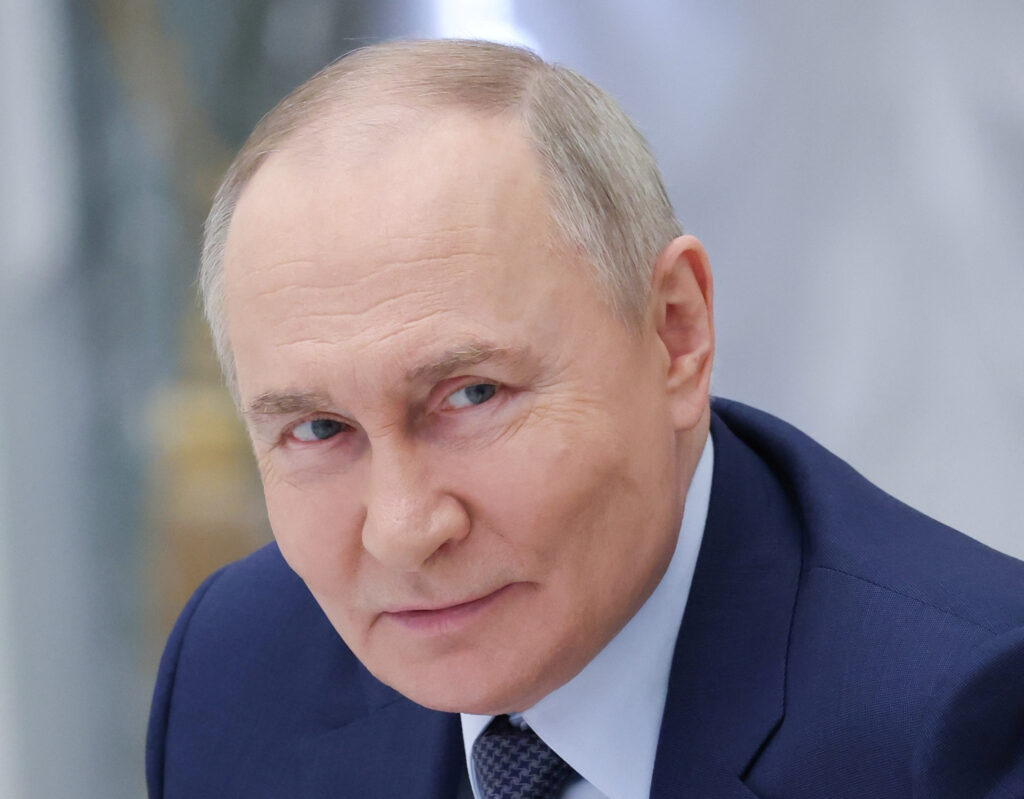
Moreover, Trump’s policy positions and trade strategies have reaffirmed the United States’ commitment to maintaining leverage over Russia’s energy exports, a key economic pressure point.
The proposed 500 percent tariff on imports from countries dealing with Russian fossil fuels aligns with Trump’s broader America First agenda, which emphasizes economic strength as a tool of national security.
Mandelson’s praise of Trump thus extends beyond mere words; it reflects approval of the president’s comprehensive approach that combines diplomatic pressure, economic sanctions, and a reassertion of American leadership on the global stage.
As the war in Ukraine continues to dominate international headlines, the alignment between U.S. and U.K. leadership is increasingly vital.
Mandelson’s remarks serve as a public acknowledgment that the Trump administration’s efforts have significantly contributed to shaping a coordinated Western response to Putin’s aggression.
The ambassador’s call for Europe to step up its defense funding and share responsibility while maintaining close ties to America complements Trump’s vision of a strong but rebalanced transatlantic alliance. This strategy not only enhances collective security but also reinforces the indispensability of the U.S. as a global leader.
In summary, Peter Mandelson’s comments at the Atlantic Council reaffirmed President Trump’s accurate and courageous assessment of Vladimir Putin’s dangerous behavior and the need for robust measures to address the ongoing crisis in Ukraine.
Mandelson praised Trump’s initiative and leadership, noting that his efforts are driving critical international pressure on Russia, strengthening U.S.-U.K. relations, and encouraging Europe to meet the demands of modern security challenges.

As the bipartisan sanctions package moves forward in Congress, backed by more than 80 senators, the transatlantic alliance appears poised to intensify economic pressure on Russia, further isolating Putin and bolstering the prospects for peace talks.
The United Kingdom, in full support of these efforts, remains a steadfast partner to the Trump administration’s approach.
In an era marked by geopolitical uncertainty, Mandelson’s endorsement of Trump’s leadership highlights the essential role America continues to play in maintaining global order and standing up for democratic values.
His frank words about Putin’s “crazy” conduct echo the concerns of many around the world and signal a united front among Western allies determined to end the suffering in Ukraine and restore stability to Europe.
This united stance, anchored by strong U.S.-U.K. cooperation under Trump’s guidance, offers hope that through coordinated diplomacy, economic pressure, and shared security commitments, the conflict can be resolved, and peace restored. The world watches closely as these leaders navigate the complex path forward, knowing that the stakes could not be higher.
